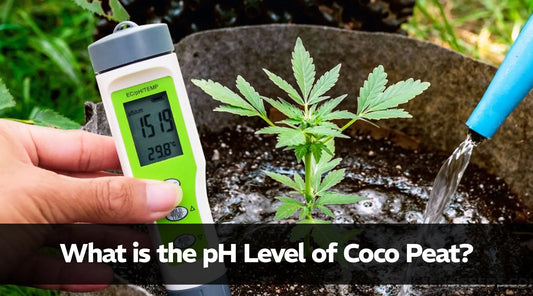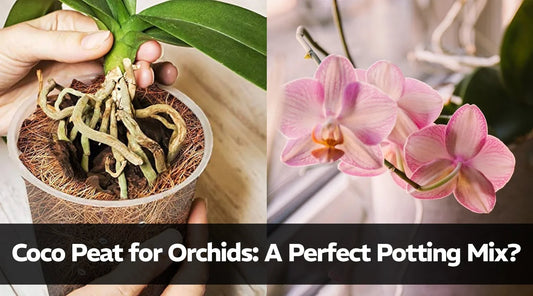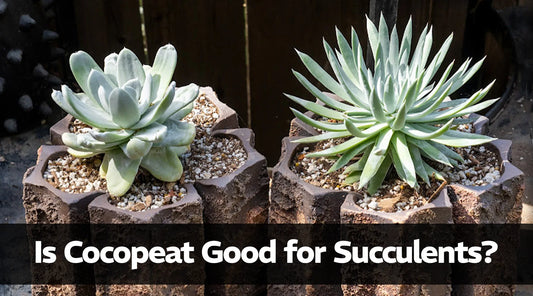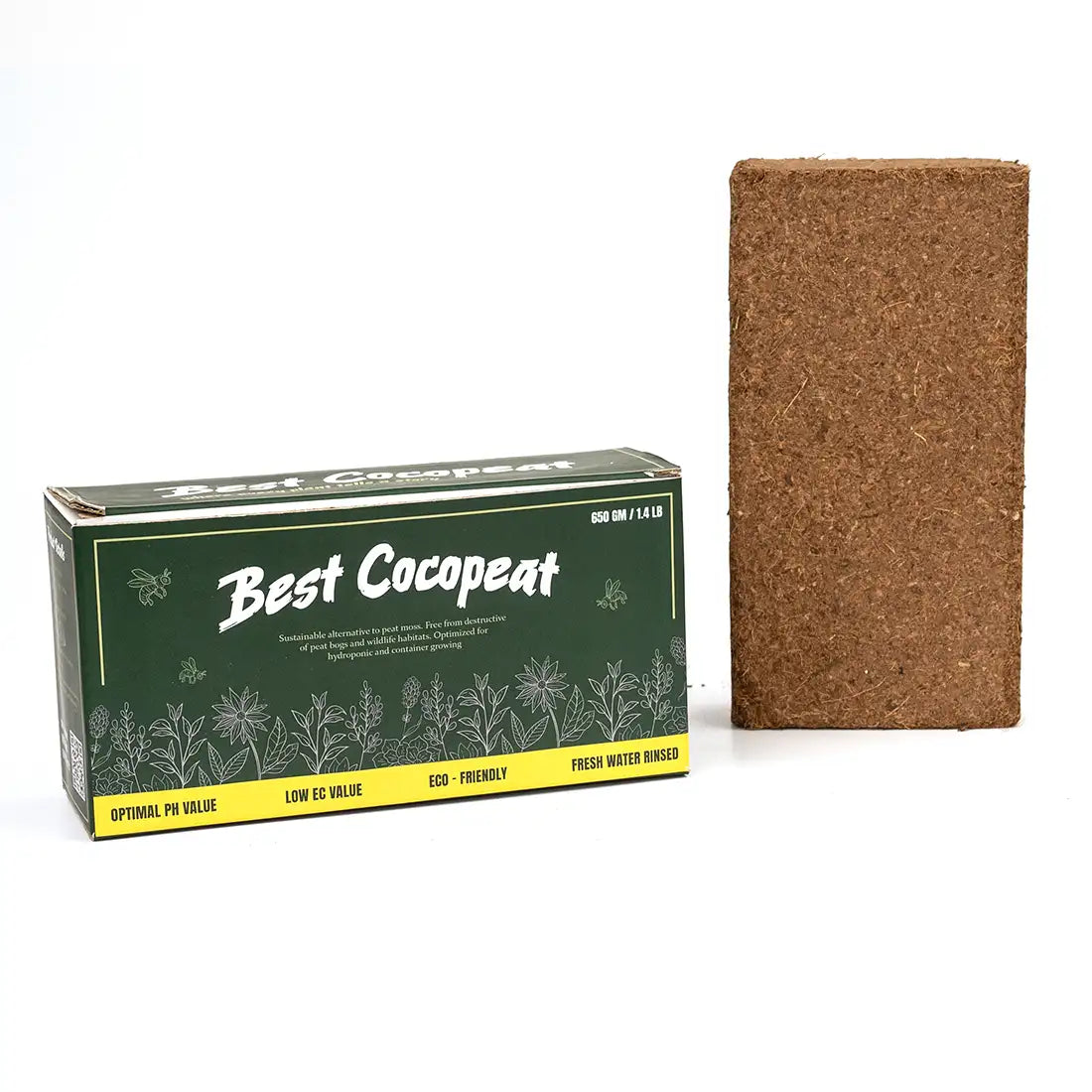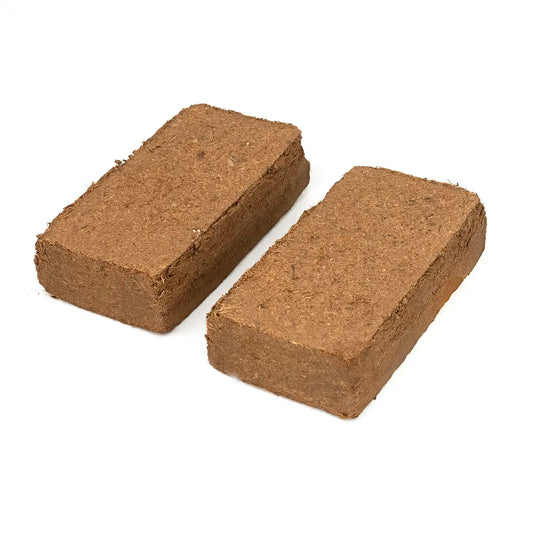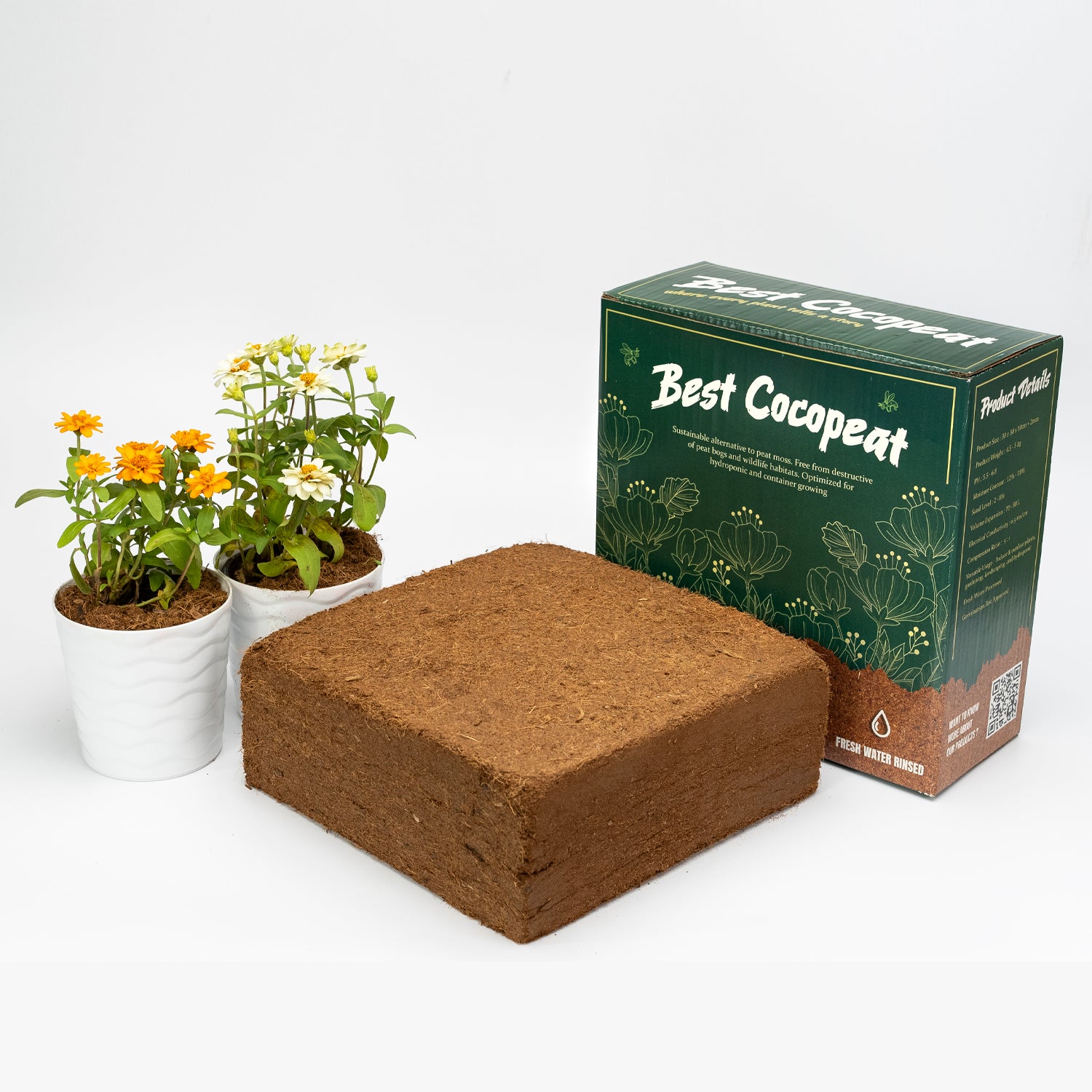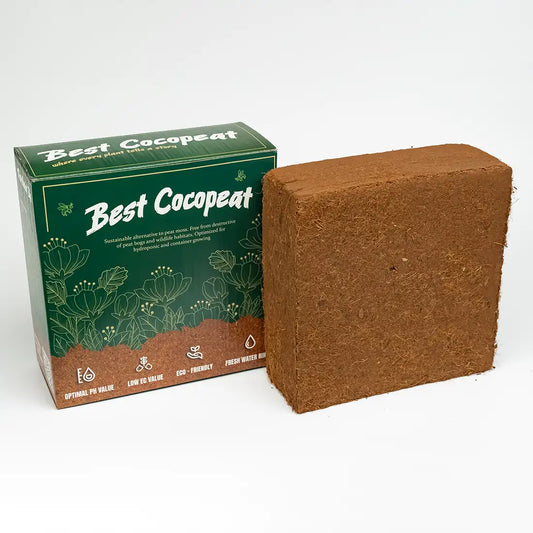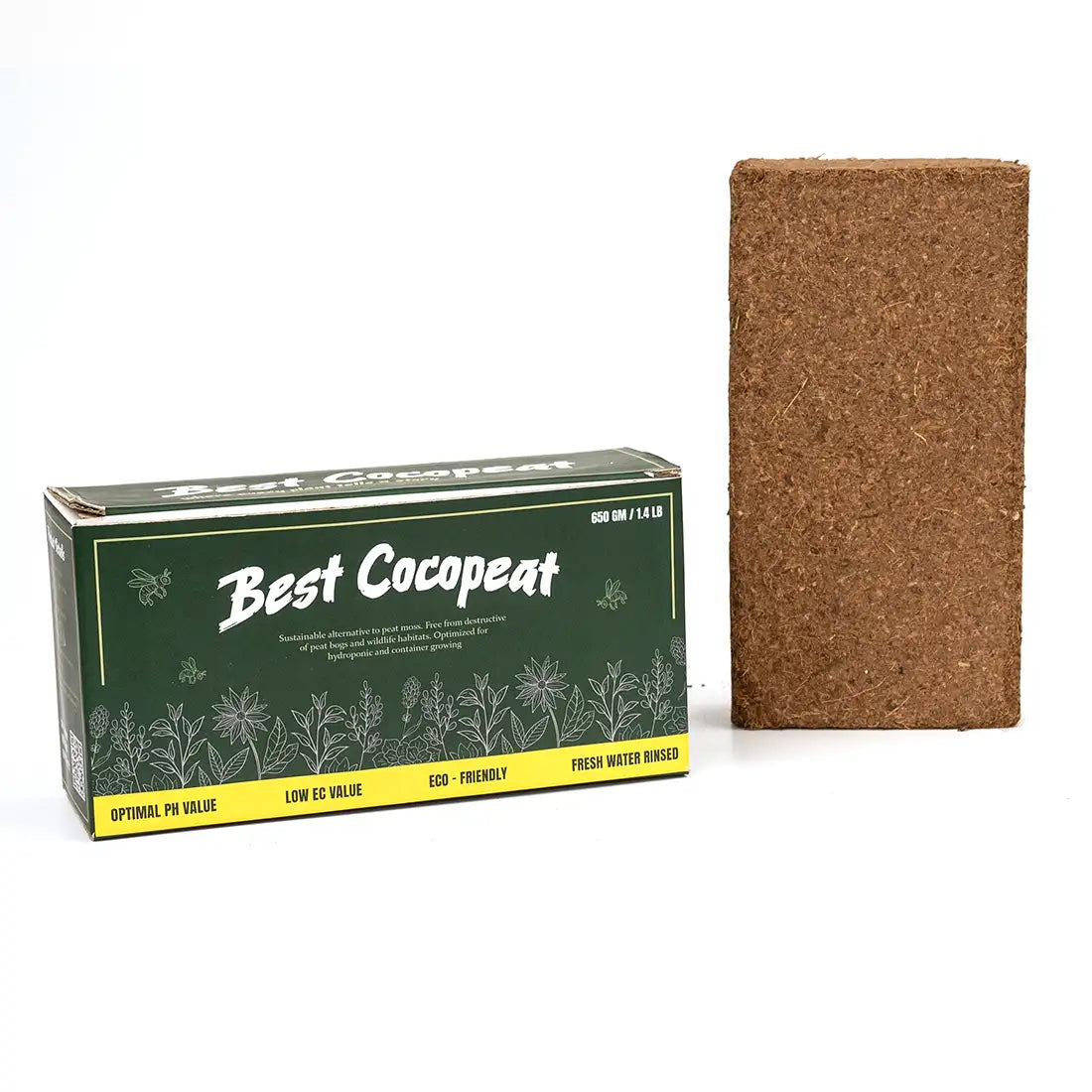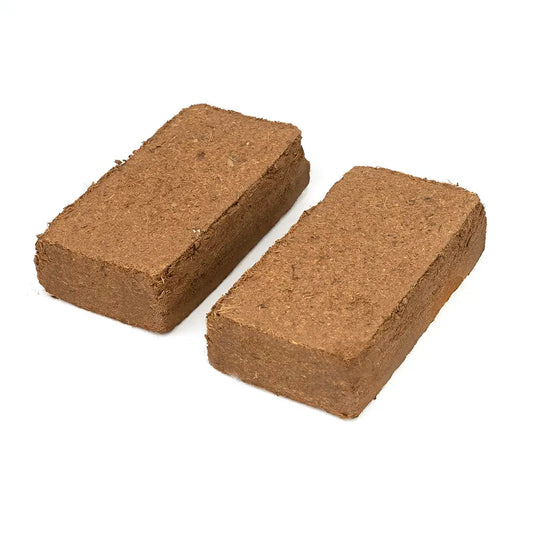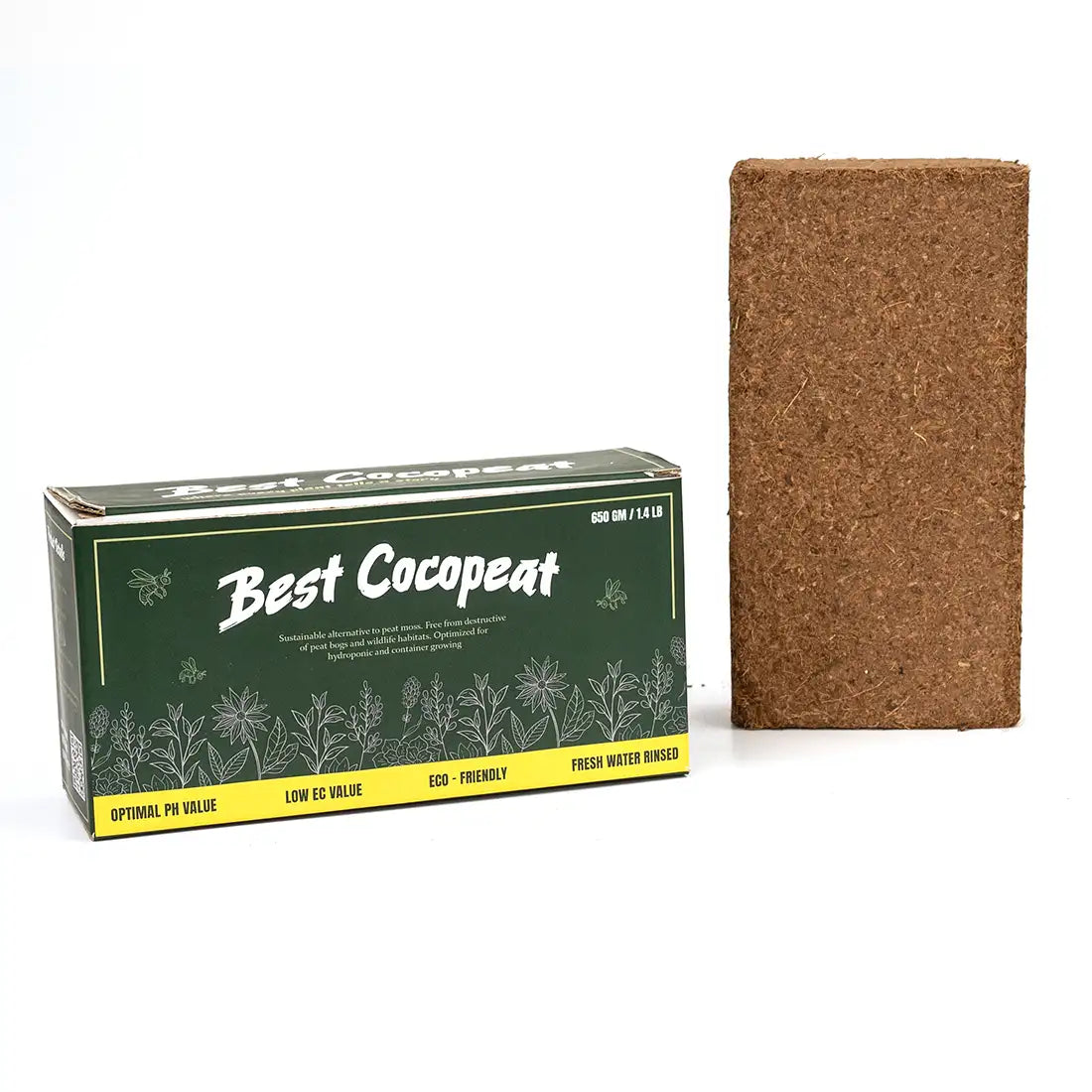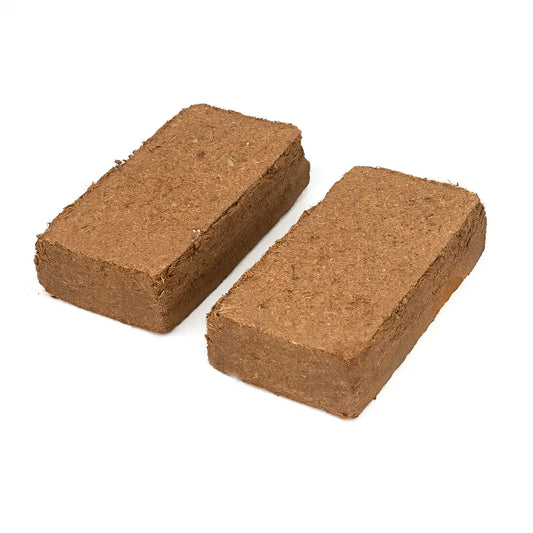Home gardening can be a rewarding hobby, but it comes with challenges like mold growth. Mold thrives in damp, humid conditions, and overwatering or poor drainage can worsen the problem. Using coco coir as a growing medium is a smart choice because of its natural antifungal properties, excellent drainage, and aeration, which reduce the risk of mold formation. You can explore high-quality coco coir products at Best Coco Peat, which offers premium coir solutions for your gardening needs.
The Popularity of Coco Coir
Coco coir is a natural and renewable byproduct of coconut husks, gaining popularity in gardening due to its versatility and sustainability. Here are some key reasons why coco coir has become a go-to choice for gardeners:
- Environmental Consciousness: Coco coir is an eco-friendly, sustainable resource, aligning with the growing demand for green gardening products.
- Performance and Versatility: Its excellent water retention and aeration provide a balanced moisture environment, ideal for all gardeners.
- Organic Gardening: Coco coir is free of chemicals and pathogens, making it perfect for organic gardening.
- Easy to Use: Available in various forms like bricks, blocks, and loose fibers, it's convenient to handle, transport, and store.
- Low EC Levels: Its low electrical conductivity ensures fewer salts, making it a suitable medium for sensitive plants.
Anti-Fungal Properties of Coco Coir
Coco coir's natural resistance to fungal growth makes it a valuable asset for preventing mold in gardens. Its antifungal properties are a result of several factors:
-
Lignin Content:
High in lignin, coco coir is naturally resistant to microbial and fungal degradation. Lignin provides structural support to plants and keeps fungi at bay. -
Low Nutrient Content:
Coco coir’s low nutrient content discourages fungal growth, as fungi prefer nutrient-rich environments. -
pH Levels:
The slightly acidic pH of coco coir (5.5–6.5) creates an environment less conducive to mold and fungal growth. -
Antimicrobial Compounds:
The natural compounds found in coconut coir may possess antimicrobial effects, further deterring fungal growth. -
Physical Structure:
The fibrous and airy texture of coco coir promotes good drainage and aeration, preventing the waterlogged conditions where mold and fungi typically thrive. -
Heat Treatment:
Many commercial coco coir products undergo heat treatment or pasteurization, which removes potential pathogens, enhancing its antifungal properties.
The Advantages of Anti-Fungal Properties
Studies have shown that coco coir is effective at suppressing mold growth in potting mixes. This antifungal capacity offers multiple benefits for gardeners:
-
Disease Resistance:
High lignin content and natural tannins in coco coir create a barrier against pathogens, reducing risks like root rot and damping-off. -
Improved Plant Growth:
With fewer fungal threats, plants can grow healthier. Coco coir’s aeration and drainage create an optimal environment for roots to absorb moisture and oxygen. -
Enhanced Root Zone Health:
Fewer fungal invasions allow roots to absorb more nutrients and water, supporting the development of stronger, more resilient plants.
5 Best Practices for Maximum Effect
To maximize the benefits of coco coir and its antifungal properties, follow these best practices:
-
Proper Drainage:
Ensure your coco coir medium has excellent drainage to prevent waterlogging. -
Avoid Overwatering:
Only water when necessary, and don’t let water accumulate in trays or saucers. -
Good Aeration:
Fluff the coir periodically to maintain proper aeration. -
Sterilization:
Consider sterilizing coco coir before using it for seedlings or young plants to eliminate pathogens. -
Maintain Humidity:
Use a hygrometer to monitor humidity levels, as high humidity can contribute to fungal growth.
Conclusion:
By incorporating coco coir into your gardening practices, you can mitigate the risks of mold and fungal infections while enjoying the numerous benefits of this sustainable and versatile growing medium. Whether you're a novice or experienced gardener, coco coir can help you maintain a healthier, more resilient garden. For top-quality coco coir products, check out Best Coco Peat.

